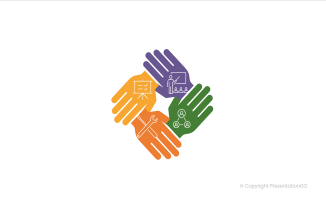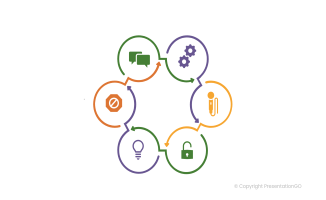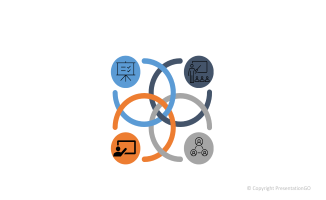Explore and contribute to the conversation.
P4HE aims to keep the public health equity field growing and thriving by sharing a broad range of ideas and perspectives from our Collaborators.
Monthly Featured Topic: Resource Distribution and Health

The roots of inequitable distributions of health care resources
All people deserve equitable and accessible health care resources, regardless of race, ethnicity, gender, socio-economic status, immigration status, or location. The history of discrimination and oppression in the United States and the resulting systemic barriers that marginalized communities face have prevented this from becoming a reality. To advance health equity going forward, it is important to acknowledge periods of inequity and moments of progress in health care resource distribution throughout history.

P4HE resource spotlight: Equitable resource distribution
Welcome to the P4HE Collaborative Resource Spotlight on equitable resource distribution for health equity. Equitable resource distribution for health equity refers to the fair and just allocation of healthcare resources to address systemic inequalities and improve health outcomes. In this blog post, we’re excited to share a curated list of resources designed to drive action for policymakers, health practitioners, community members, community-based organizations, advocates, academics, and researchers.

The harm of colorblind allocation of scarce resources
COVID-19 will not only have a disparate impact on historically under-resourced and marginalized communities but also carries the risk of deepening pre-existing racial inequities in health care access, treatment, and social service delivery. Even a health care system striving to provide fair and equal treatment to all persons is not immune to structural racism and the other inequities that exist throughout society. To achieve equitable access and distribution of care, critical race theory must be a part of the process utilized to create broad, population-focused guidelines.
Community Voices
“We need to be fighting for health equity across all movements because unity is one of the things that is going to give us the momentum and power we need.”
- Sinsi Hernandez-Cancio, Vice President, National Partnership for Women & Families

